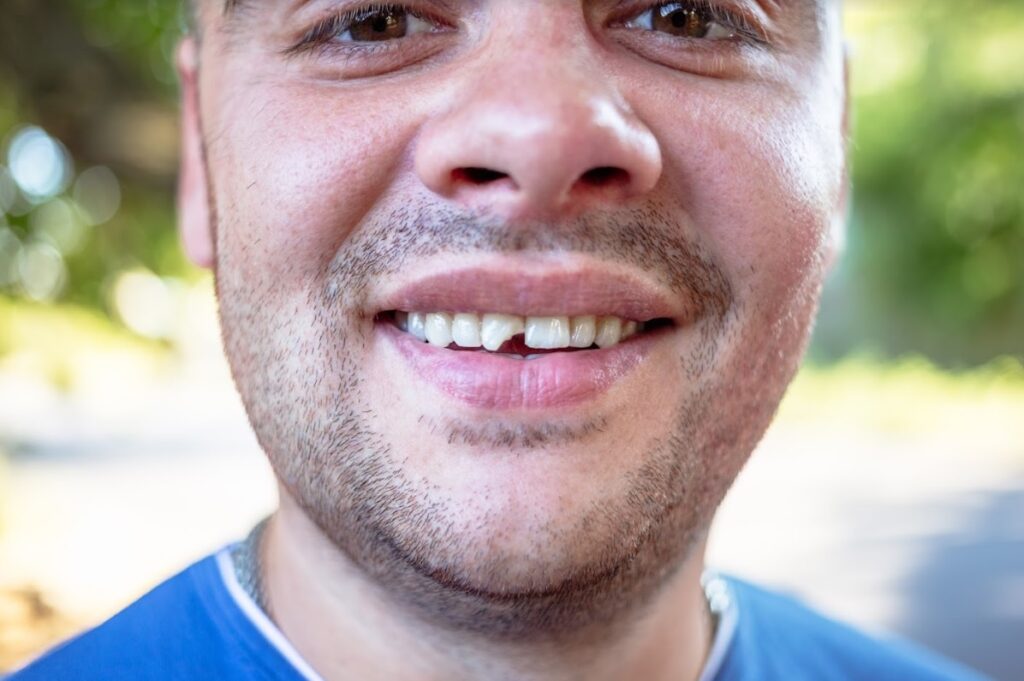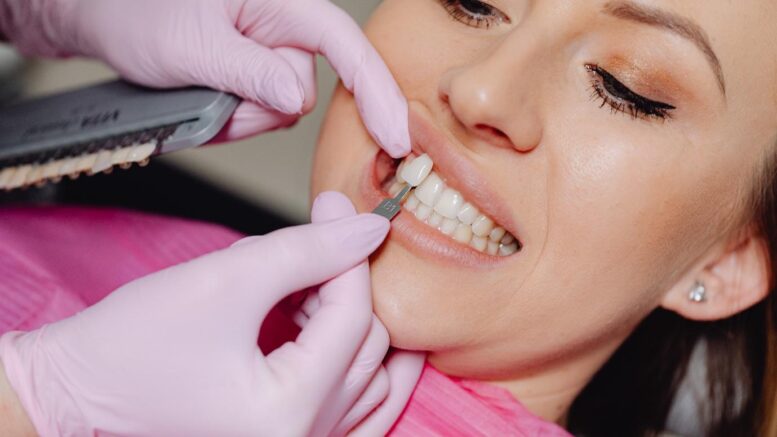Biting on something hard, falling, or being hit in the mouth are all potential causes of a dental emergency in the form of a chipped or fractured tooth. A chipped tooth may not seem serious initially, but it can cause significant discomfort if left untreated. Knowing what to do if you chip or break a tooth may prevent more harm and ensure you promptly get the necessary care. This piece will go through different remedies for cracked or chipped teeth.
Tips for Dealing with Chipped or Broken Tooth
Rinse your mouth
Rinsing your mouth with warm saltwater is the first thing you should do if you’ve broken or chipped a tooth. This will aid in removing any trapped food debris or particles and lessen the likelihood of infection.
Apply a cold compress.
A cold compress may help decrease swelling and discomfort by decreasing blood flow to the region. Place a bag of ice or a cold pack wrapped in a towel on the cheek or lip near the afflicted tooth for ten to fifteen minutes at a period. Do this as often as necessary during the day.
Take over-the-counter pain relievers.
Pain medicines like ibuprofen and acetaminophen, available without a prescription, may help alleviate the discomfort and swelling associated with a broken or chipped tooth. Take only as suggested on the label or by your dentist.
Cover the sharp edge.
A piece of dental wax or sugar-free chewing gum may cover a chipped tooth’s sharp edge, protecting the tongue, cheek, and lips from injury. However, it’s important to remember that this is only a temporary fix until you can visit the dentist for proper treatment.
Visit a dentist
Dental treatment is necessary for a tooth that has been fractured or chipped. If you live in Cary, NC, it is advisable that you book an appointment with the best dentist that is in Cary NC, without delay, regardless of whether or not you are experiencing pain. Depending on the extent of the damage, your dentist may propose a treatment plan that includes bonding, filling, a crown, or even a root canal.

Factors to Consider About Broken Tooth
The severity of the break
The extent of the fracture or chip will determine the appropriate treatment, ranging from a simple filling to a root canal or extraction.
Pain and sensitivity
Pain and sensitivity, particularly heat and cold, may result from a damaged tooth. Seek prompt medical assistance if the discomfort is severe.
Location of the Tooth
The location of a broken tooth, whether it is located in the front or back of the mouth, can impact the treatment options and aesthetic outcome of the tooth following treatment.
Underlying conditions
A broken tooth may require more extensive treatment to prevent further complications if you have underlying dental conditions, such as gum disease or tooth decay. It is essential to inform your dentist of any pre-existing conditions you have
Importance of Prompt Dental Treatment for a Broken Tooth
Prevents infection
When a tooth is broken, it creates an opening allowing germs to enter the tooth and cause an infection. To avoid infections and other dental complications, it’s essential to have a broken tooth fixed promptly.
Maintains oral health
The health of your mouth and teeth might be negatively affected by a fractured tooth. Taking care of the problem assures that your teeth and gums will continue to be healthy and that your smile will look great.
Restores confidence
Confidence might take a hit if you have a damaged or chipped tooth. If you fix the problem and have that tooth fixed, you’ll feel better about yourself and restore your confidence.
Saves money
If you ignore a damaged tooth, it might lead to more serious problems and costlier dental work down the road. Taking care of the condition before it worsens will prevent further damage and save you money in the long run while keeping your teeth healthy.
Conclusion
Experiencing a broken or chipped tooth can be uncomfortable and unpleasant, but there are ways to alleviate the pain and discomfort. Remove any debris from your mouth, cover the sharp edge, take over-the-counter pain medication, and make an appointment with a dentist. By taking these steps, you can reduce discomfort, prevent infection, and receive appropriate care quickly. Take care of your teeth and schedule frequent visits to the dentist to keep your gums and teeth healthy.
